-

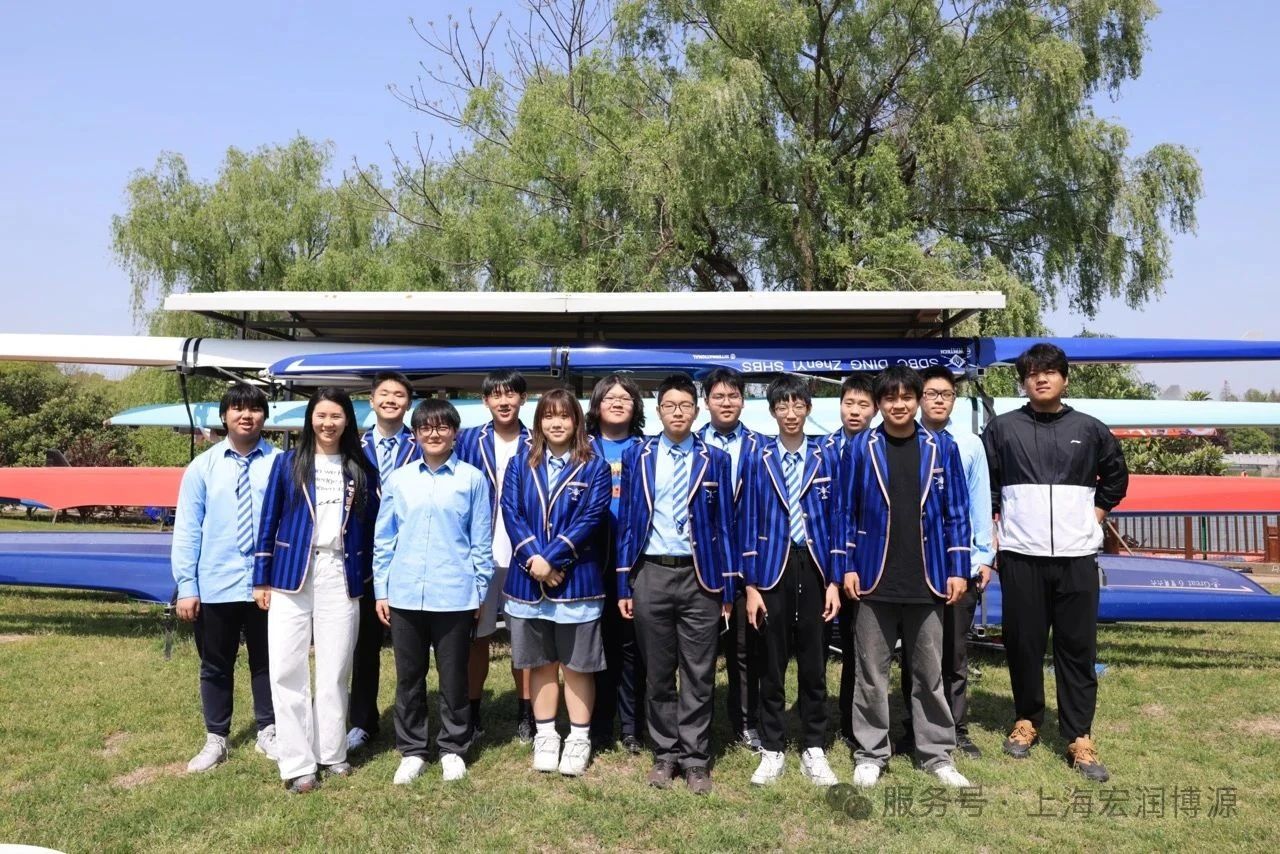 Hongrun Boyuan High School Rowing Academy | Shaping Youth Rowing Teams and Future Leaders2025-06-20
Hongrun Boyuan High School Rowing Academy | Shaping Youth Rowing Teams and Future Leaders2025-06-20 -

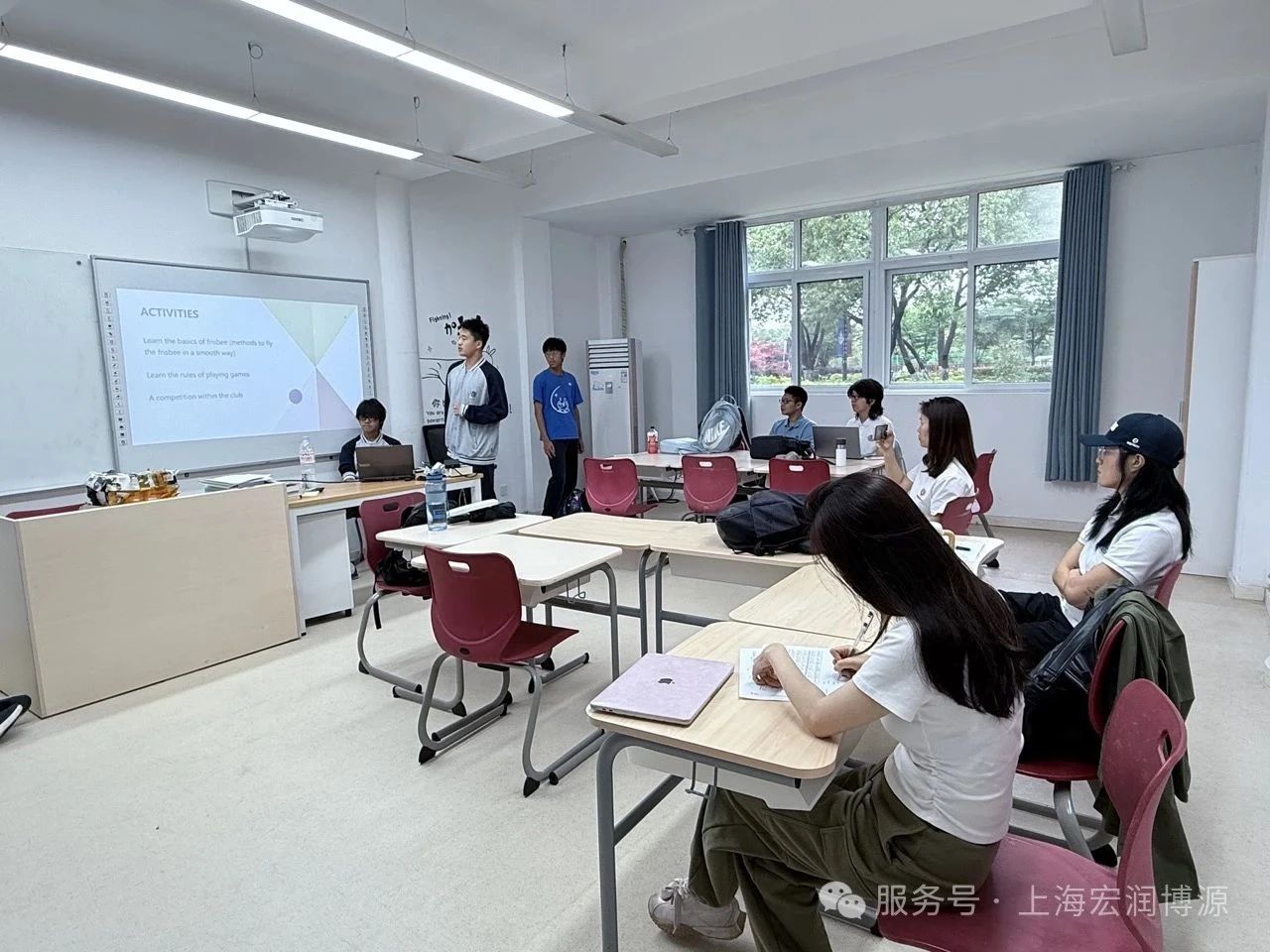 Hongrun Boyuan High School Event | A Flourishing of Talents and Vibrant Energy: 2024–2025 Second Semester Club Summary Report2025-06-18
Hongrun Boyuan High School Event | A Flourishing of Talents and Vibrant Energy: 2024–2025 Second Semester Club Summary Report2025-06-18 -

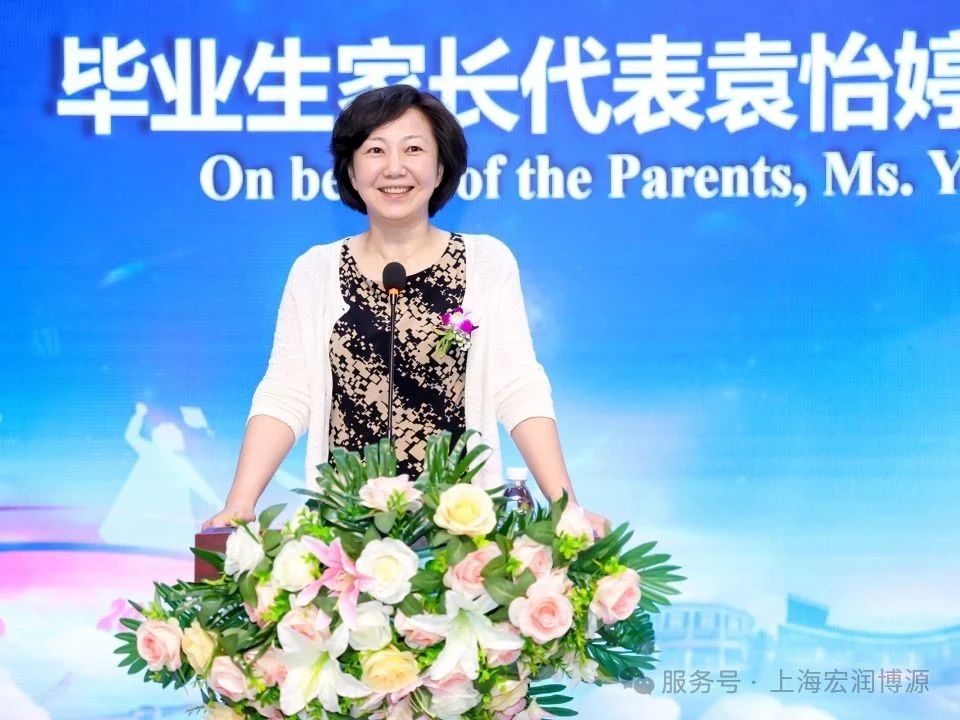 Commencement|Speech by Ms. Yuan Yiting, Parent Representative of the Graduates2025-06-06
Commencement|Speech by Ms. Yuan Yiting, Parent Representative of the Graduates2025-06-06
- 2024-06-15
- Views:1142
TEDxSHBS Youth
“
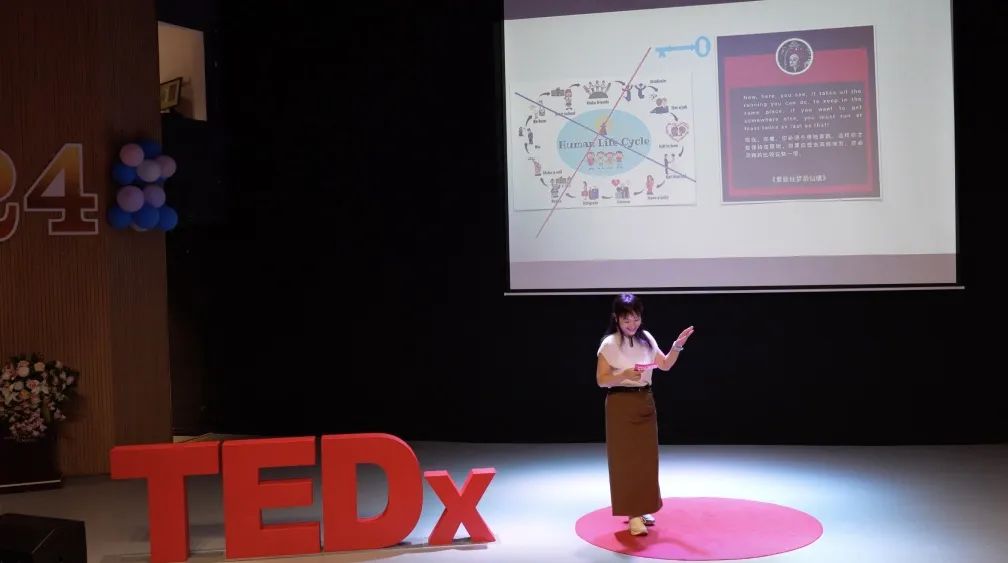
I've been pondering, if there were no age differences among humans and we all lived in the same era, then would the "generation gap" be eliminated? If everyone were at a similar age, would there be no estrangement at all? If so and if humanity, like now, can only live for about 100 years, human civilization might not have developed at all, because there would be no passing down of whatever between generations. Interestingly, our species has not only spanned thousands of years by allowing us to live in different times but has also developed a dazzling and dynamic civilization: history, architecture, music, economy, painting, medicine, and technology... Undoubtedly, parenting plays an important role in the passing down of our thoughts and wisdom.
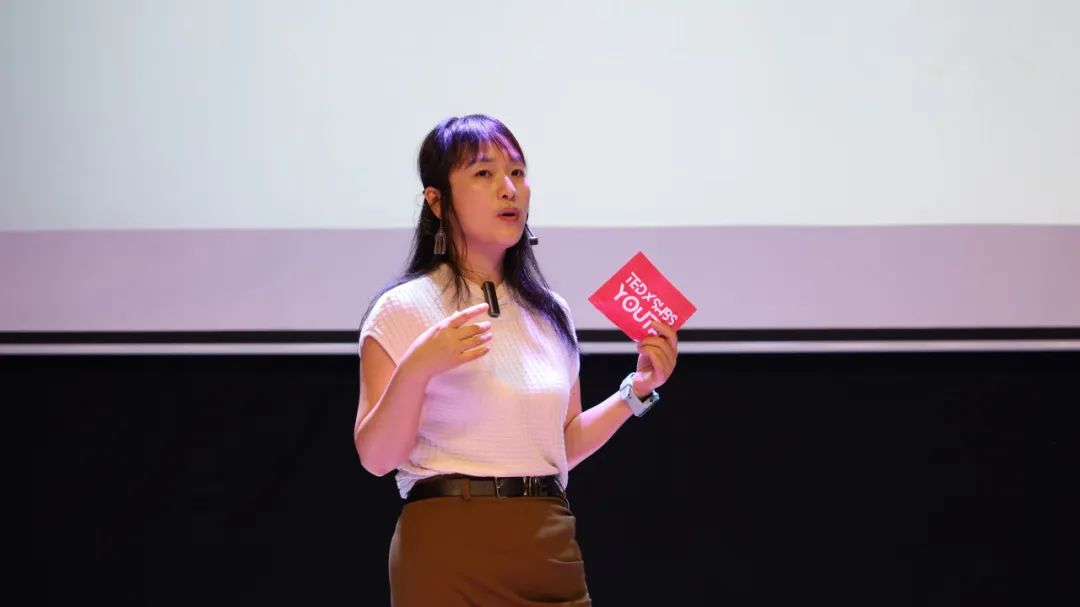
My son is 10 years old and I am now 40 years old. When I was 30, I met him just as he was born. Then we began our companionship and communication across ages. Gordon Allport, the founder of personality psychology, included two views in his perspective on personality development. First, there are relatively stable and unchanging components within personality. In another ten years, I should still be able to recognize you! Second, personality is actually dynamic and changing at every stage. Even though in another ten years, I can still recognize you as you, I know that many of your thoughts, concepts, and behavioral patterns will definitely change during these ten years! On the path of inheritance and education, as children grow up, their cognition, thoughts, wealth, social status, and interpersonal relationships will change, but the underlying values are relatively stable. As a mother, I hope my child grows up to be brave, independent, dedicated, passionate about learning, capable of handling interpersonal relationships, goal-oriented, and has the habit and patience to overcome difficulties... As a consultant, I have designed various scenarios, through my interactions with him, to help him write these underlying psychological program codes.
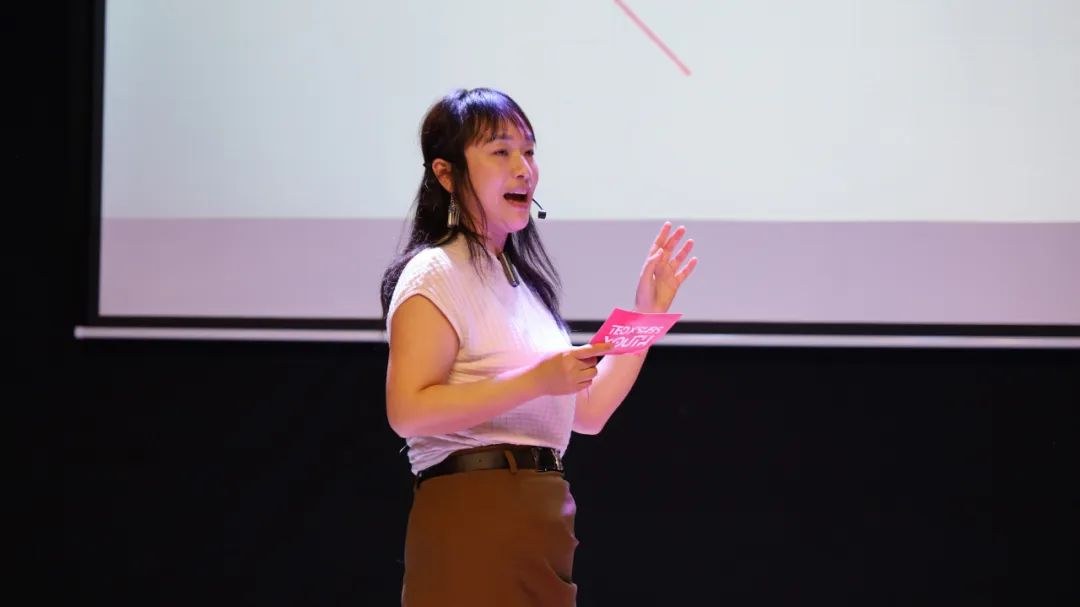
When my son approached three years old and just began to speak, I designed a game. This was the first program codes I gave him: "Seeing others in one's eyes." I would hold his face in my hands, make eye contact with him, and then ask, "Look at me, look at me, what do you see in my eyes?" With his childish voice, he would ask, "What's there?" I would say, "I see you in my eyes." Then I would ask him in the same way, "What do you see in your eyes?" He would ask, "What's there?" I would say, "I see mommy in your eyes!" He would giggle.
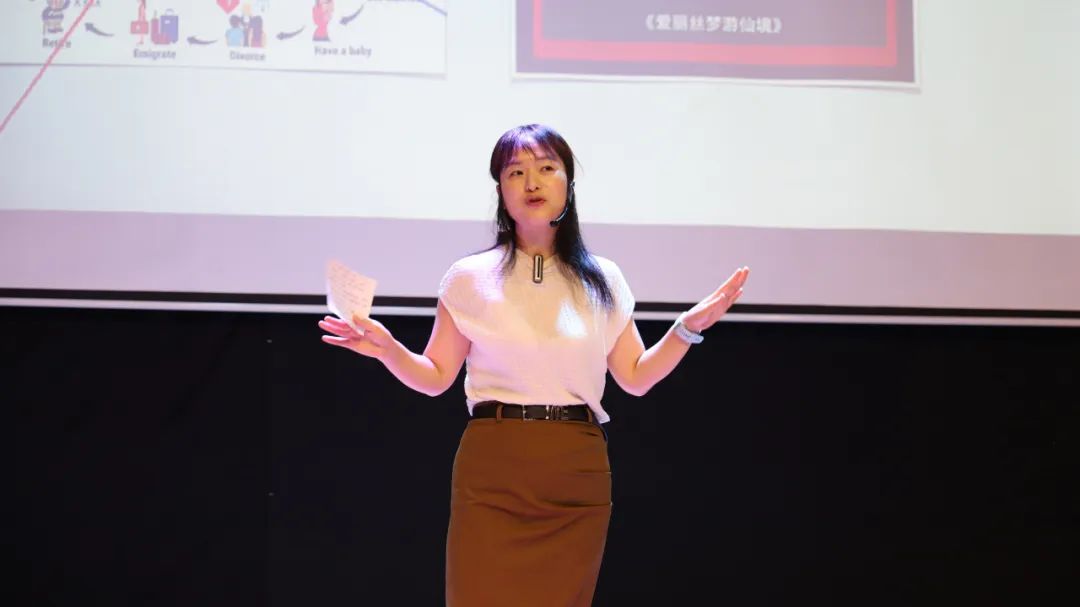
I kept playing this game, and then one day when he started kindergarten, I asked, "What do you see in my eyes?" He said, "There is an ordinary me in your eyes." I replied, "No, in my eyes, there is a great you." I knew he had learned to use adjectives, which means that in his eyes, there was both himself and others!
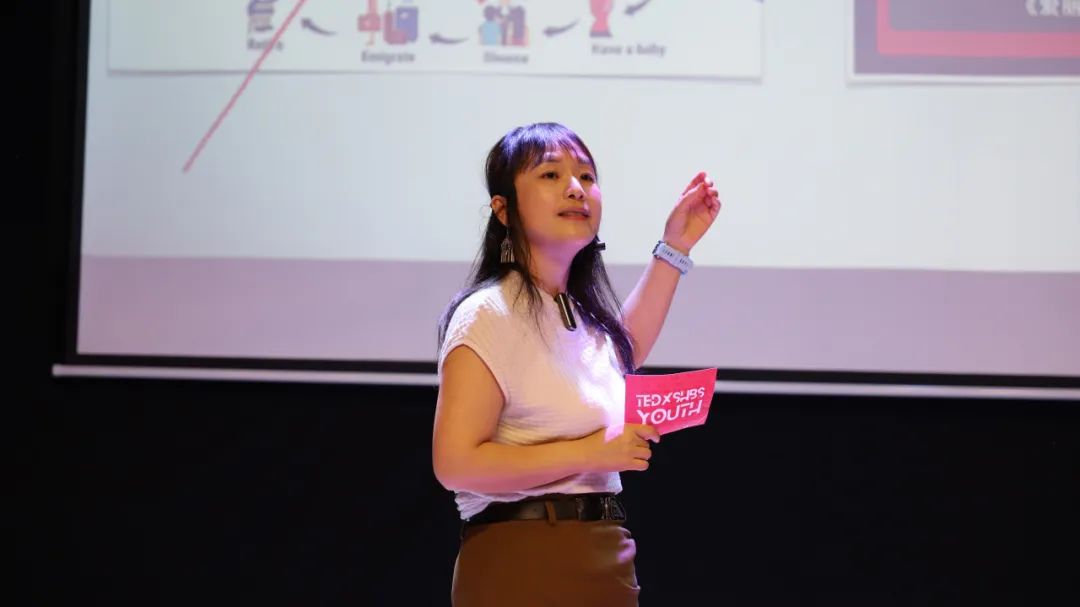
When he was four years old, he began to be competitive, but in fact, it was not easy. I designed the second gift, a gift called "Patience." I found an opportunity and asked him: “Do you know what the most important thing in this world is? He asked: “What is it?” I said: “It is patience!” He asked: “What is patience?” I said: “Patience is to take things bit by bit, to do it slowly, and one day you will surely succeed.” He said: “Oh.” I said: “Go ask your dad.” He ran to his dad with pride and said: “Daddy, daddy, what is the most important thing in this world? ” Dad didn't know and asked, "What is it?" He puffed out his chest and said in a drawn-out voice: “It's patience!” Dad looked at him in surprise.
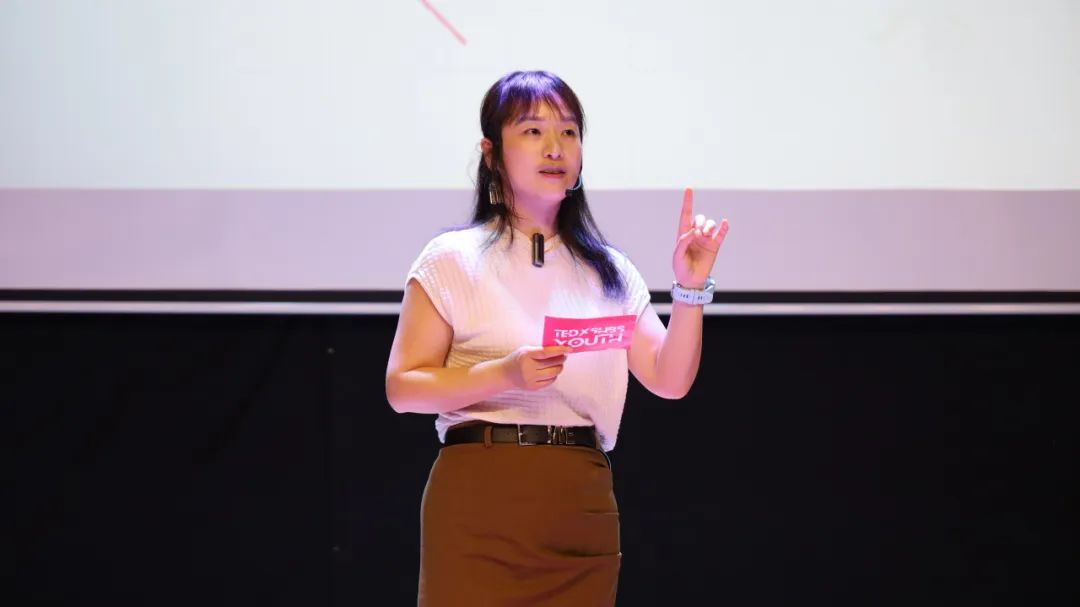
From then on, I would test him often, “What is the most important thing in the world?” He would say: “I know, it's patience!” Until one day, when he asked me to help him blow up balloons, because there were many balloons, I really didn't have the strength anymore, I said: “Oh, I'm so tired, I can't continue anymore.” He blinked his eyes and asked me: “Mommy, mommy, is your patience running out? I'll give you some.” He also made a motion of giving something to me with both hands. I was shocked. As he did this, he also asked me: “Is it enough?” I said: “It's enough.” I continued to help him with the balloons. At this moment, I knew that the seed of patience had been planted.
When he was five years old and it was Halloween, I made a pomelo lantern for him out of pomelo peel with a candle inside, twinkling beautifully. He said: "Mommy, mommy, the moon in the sky looks like a mango, and my pomelo lantern looks like a big moon." We carried the lantern around the neighborhood, with the atmosphere perfectly set by the moon in the sky and the pomelo lantern in hand. Then, a gust of wind blew, and whoosh, the candle went out! He cried out, "The light is out!" I had a lighter with me, and I saw the moment had come. I said, "Don't worry, I have a lighter. I'll relight it in a moment." He said, "Hurry up." I said, "Let's go to a place where the wind is weaker." I squatted down and said: "In this world, everything that is born will eventually die, everything that has a beginning will have an end, a lamp can be lit and can also be extinguished... when it's out, we just relight it!" He nodded. As I relit the candle, I continued asking him: "In this world, everything that is born will eventually what?" He said, "die!" "And everything that has a beginning will have?" He said, "An end!" I said, "There is spring, and there will also be?" " Winter! " " Change is eternal, just accept change, right?" He said: " Right! "
I don't know if he can remember these conversations, but that pomelo lantern and the mango-like moon in the sky left a deep impression on him. This is change and cycle. "Thirty years of prosperity on one bank, and thirty years on the other!" This is my personal choice of life philosophy. I find the concept of life cycle easier to make people feel happiness and hope, so when he was very young, I gave him “change and cycle” as the gift of fundamental values.
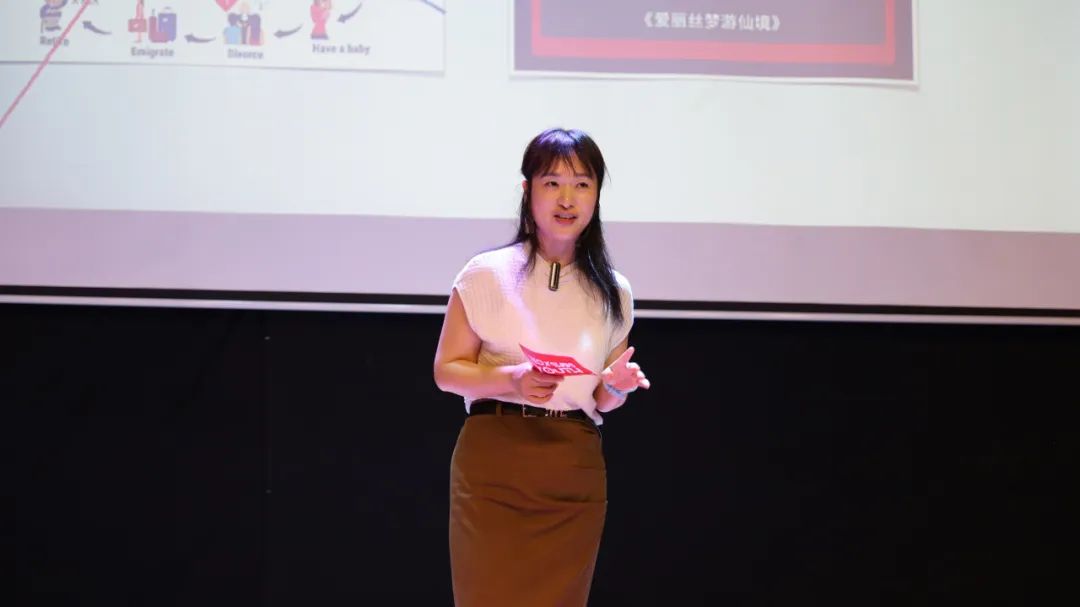
When he was six years old, my husband and I took him to a seaside resort. We stayed in a hotel where the elevator was entirely lined with mirrors. As soon as we entered, we could see many reflections of ourselves. He ran in, curiously looking at his different appearances in the mirrors all around, and asked: "Mommy, mommy, this one is me, and that one is me too, which one is the real me?" I heard this and thought, “what a philosophical question!” I was clearly captivated by his thoughts: yes, which one is the real me? I said: "Great question!" I replied: "The one that can move is the real you, I guess." He said: "But I'm moving, and the me in the mirror is moving too, all these Mes are moving, which one is the real me then?" I said: "Let me think about it."
Several days later, one night when he accompanied me to pick up a package, he started running, and the streetlights cast his shadow. He asked: "Mommy, look, I'm running, and my shadow is running too, which one is the real me?" The philosophical question came up again. I thought about it for a few more days, and I decided to tell him my answer. “I know which one is the real you now!” He asked: "Which one?" I said: "The one with a soul is the real you! The shadow doesn't have your soul, and the you in the mirror doesn't have your soul either. The one that wonders which one is you, the one with a soul, is the real you!" He said: "Oh! Then I understood! The one with a soul is the real me! " There are many more stories like these, but I should have helped him start to have a sense of control of and connection with his inner self.
Now that he has started elementary school, he began asking me many questions about his academics. My basic attitude is: “I don't know! You can ask your teacher!” He would always complain in frustration, "You have a Ph.D., and you don't know my homework?!" I said, "Look, I don't know, so you can be even better than me; you can know it. Everyone has limits to what they know, and I often make mistakes too. I can learn with you, make mistakes together, and correct them together." He said, "Okay!" One day, he said, "I found out our teacher doesn't understand this matter either." I realized that in his values, there is now a belief that all of us, as human beings, are equal in our quest to explore everything.
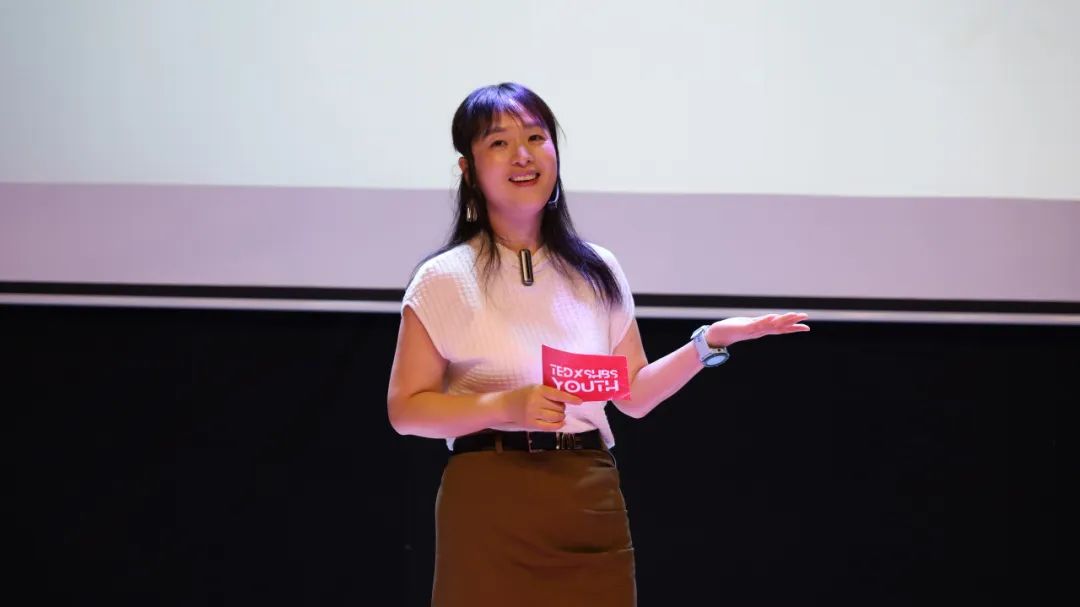
The older we get, the greater our challenges become. As we age, we become slower and less sharp, while new generations are born and growing and becoming smarter! Thus, as part of the human life cycle, our starting points are unequal, but we have the same right to experience various scenarios along the way, and our endings are equal! Therefore, no one should feel superior, nor should anyone feel inferior!
We can draw inspiration from the lines in "Alice in Wonderland": in our era, we must give our all just to maintain our current state! If we ourselves haven't figured out how to live well, what else can we share besides creating anxiety and pain for each other?
In short, no matter whether we change or not, the world is changing. So, let's embrace change and growth together with the young.
文 | Cailian Yang
排版 | Jang
图 | Kimi Wang(G10) Thea Wu(G10)








